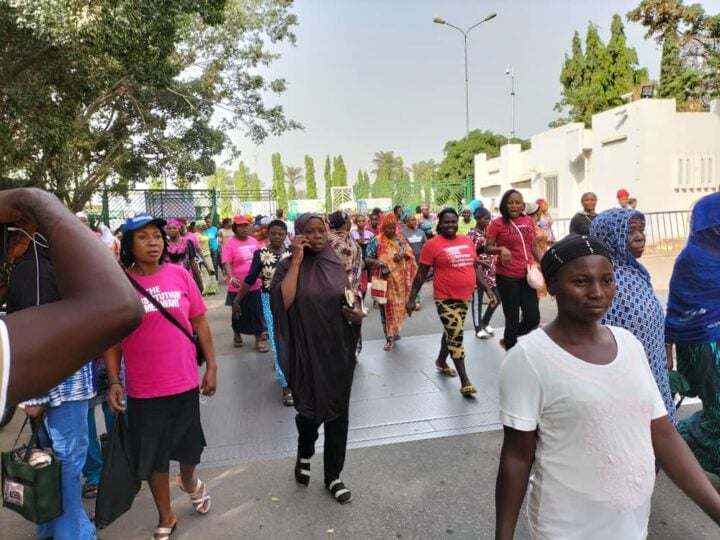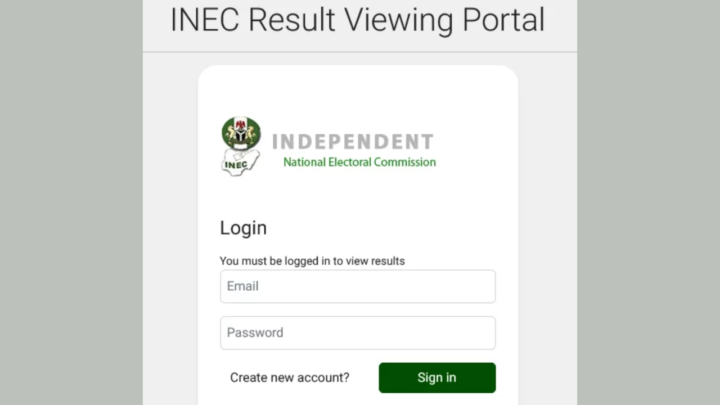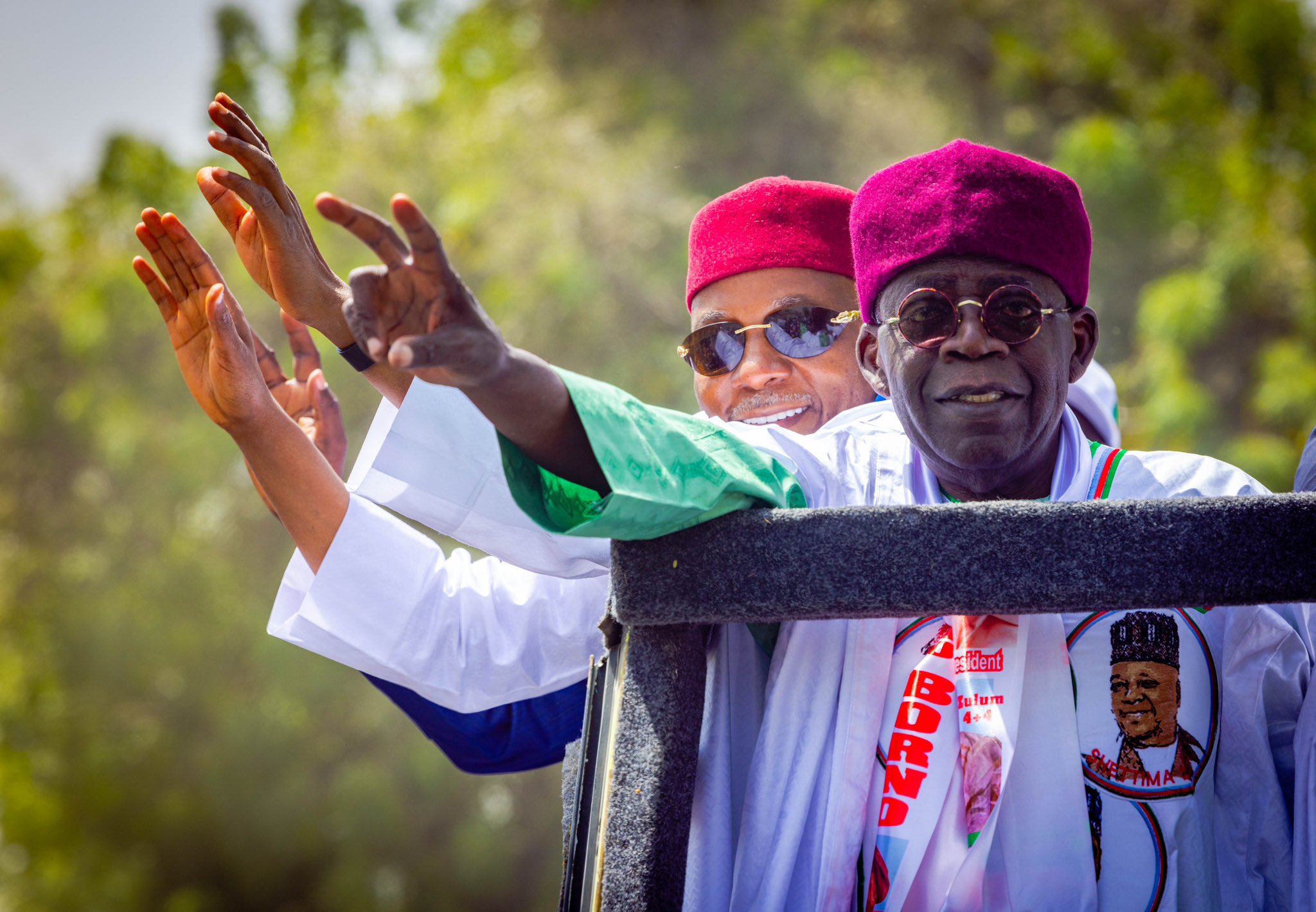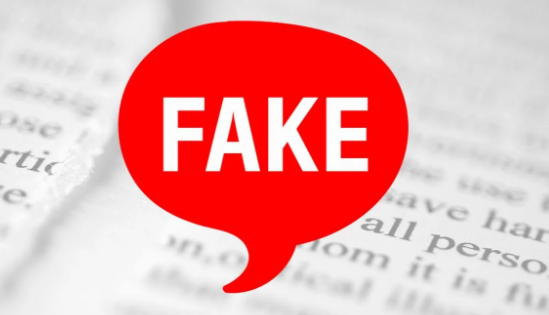BY CLIFFORD EGBOMEADE
International Women’s Day (IWD) is celebrated in many countries around the world. It is a day when women are recognised and celebrated for their achievements. Officially recognised by the United Nations in 1977, the first IWD gathering in 1911 was supported by over a million people, and today, it has assumed a new global dimension for women in both developed and developing countries.
This year’s campaign theme, #EmbraceEquity, is set to get the world talking about why equal opportunities are no longer enough. Equity recognises that each person has different circumstances, and allocates the exact resources and opportunities needed to reach an equal outcome. Although some progress has been made towards gender equality, there is still much work to be done.
According to the World Economic Forum’s Global Gender Gap Report 2021, progress towards gender equality has stalled for the first time in over a decade, with the global gender gap standing at 68.6%. This is a stark reminder of the challenges that still lie ahead. The gender pay gap remains a persistent issue, with women earning 20% less than men globally on average, and this gap is even wider for women in low-paid jobs. In addition, women are still vastly underrepresented in many industries, including STEM, where they make up only 22% of the workforce.
Advertisement
Women continue to face discrimination and inequality in various forms. The gender pay gap, for example, remains a persistent issue in many countries. Women are also underrepresented in leadership positions, both in the public and private sectors. Violence against women, including sexual harassment and domestic violence, remains a significant problem globally.
Around 2.4 billion women of working age are not afforded equal economic opportunity, and 178 countries maintain legal barriers that prevent their full economic participation. Women’s equal participation and leadership in political and public life are essential to achieving the Sustainable Development Goals (SDGs) by 2030. However, data show that women continue to be underrepresented in politics, business, and other areas of leadership. This is not just a problem for women; it is a problem for society as a whole. When women are excluded from leadership positions, their perspectives and ideas are also excluded, which can lead to a lack of diversity and innovation.
One way to address this issue is to encourage more women to pursue leadership positions. This requires creating more opportunities for women, including mentoring and training programmes, networking opportunities, and more. It also requires addressing the systemic barriers that prevent women from advancing in their careers, such as the gender pay gap and lack of access to a safe workplace.
Advertisement
Another challenge that should be addressed is violence against women. Women continue to experience high levels of violence, including sexual harassment and domestic violence. This not only has a devastating impact on women’s lives but also on society. Violence against women is a violation of human rights, and it is a barrier to gender equality and equity. In tackling this issue, it is pertinent to take a holistic approach. This includes strengthening laws and policies to protect women from violence, providing support services for survivors, and addressing the root causes of violence, such as gender inequality and gender stereotypes. It also requires engaging people in the conversation and encouraging them to take action to prevent violence against women.
Gender pay gap is also an issue of global concern. Women continue to earn less than men for doing the same work. This is a form of discrimination that affects women’s financial security, and their ability to support their families and save for retirement. Governments should enact and strengthen equal pay laws and policies, encouraging transparency in pay practices. Public and private sectors should address the root causes of pay gaps by providing transparent and objective pay structures.
Furthermore, women are underrepresented in science, technology, engineering, and mathematics (STEM) fields. We need to encourage more girls and young women to pursue STEM careers. This requires creating more opportunities for girls and young women to engage in STEM, providing mentoring and support programmes, and addressing the gender stereotypes that discourage girls from pursuing careers in STEM. It also requires both the private and public sectors to take action to address the gender imbalance in STEM fields.
To truly achieve gender equity, we must address these disparities and work towards a more inclusive society. This requires a concerted effort from governments, businesses, and individuals alike. Governments must ensure that policies and legislation are in place to protect and promote women’s rights, while businesses must prioritise diversity, equity, and inclusion in their hiring and promotion practices. Individuals can play their part by challenging gender stereotypes and supporting women in their personal and professional lives.
Advertisement
For instance, in commemoration of International Women’s Day, leading investment holding company, Honeywell Group Limited, reaffirmed its commitment to gender equity in the workplace. Honeywell Group Limited boasts of a 60:40 female-to-male workforce and flexible work environment that allows women to balance their work and personal responsibilities, which are crucial for their career progression.
The 2023 International Women’s Day is an opportunity to celebrate the progress that has been made towards gender equality and equity. It is also a time to recognise the challenges that still need to be addressed. By working together to promote women’s rights and empower women, we can create a more inclusive and equitable world for all.
Clifford Egbomeade is a public relations and communications adviser at ID Africa, a pan-African marketing, public relations, and strategic advisory firm.
Advertisement
Views expressed by contributors are strictly personal and not of TheCable.
Add a comment






